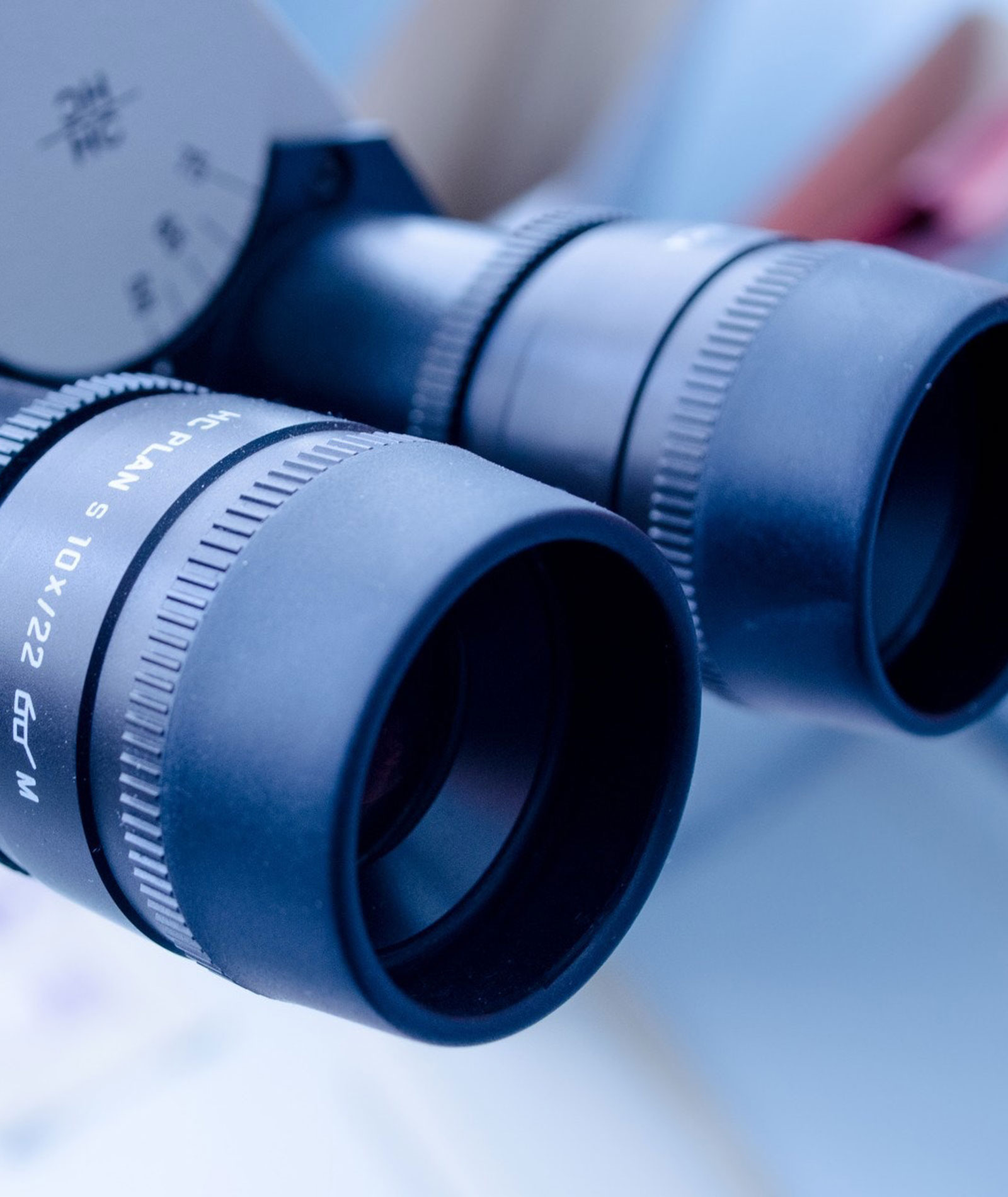Florida District Court of Appeals Weighs Admissibility of Biomechanics Expert

In personal injury actions, expert testimony is often use to help the fact-finders, or jury, with information that is relevant to the case. For example, medical doctors may testify to the extent of the injury suffered, which can bolster or refute the injured party’s claim that the accident caused a certain amount of damage and will generate future medical costs. The Florida First District Court of Appeals recently weighed in on the exclusion of a biomedical engineer in Taylor vs. Culver (Case No. 1D14-4444).
This appeal stemmed from a low-impact automobile accident. One party was allowed to present a biomedical engineer as a witness, but another was not. In this case, the focus of the expert witness’s testimony was to help the jury determine the cause of accident, specifically the velocity and the directionality of forces in the accident. The trial judge acknowledged case law on point that directly addresses the admissibility of an expert witness, but excluded the witness anyway. The court of appeal disagreed with the ruling, reversing and remanding the case for a new trial.
The appellate court looked to an earlier decision it made in 2012 in Gregory Council v. State, 98 So. 3d 115 (2012). In this case, the court weighed the exclusion of biomechanics expert who was also offered to testify about causation in a child abuse case. The court had determined that this type of expert would be appropriate to help the jury weigh his expert opinion against other evidence that the injuries sustained by the child were actually caused by a car accident and that shaking alone could not have caused that level of injury. The court in Council noted that biomechanics experts were not allowed to testify to the extent of the injury sustained, as that would be outside their scope of expertise.
In both Council and Taylor, the appellate court discussed the discretion a trial judge has in the decision to admit or exclude expert testimony. Florida statutes specifically state that all relevant evidence is admissible, except as provided by law. Beyond the limits of the law, inadmissibility should only be considered if the probative value is outweighed by unfair prejudice. The court did not feel any prejudice was present in this case and that the trial judge should have followed the ruling in Council.
Both of the appellate cases discussed in this post highlight the value of expert testimony in a personal injury suit. From causation to future medical expenses, expert witnesses help juries come to their ultimate decision. The Florida personal injury attorneys at Donaldson and Weston have the experience you need in negotiating and litigating your car accident case. Our attorneys know how to best utilize expert testimony during litigation, which can help maximize the damages you need and deserve to recover for your injuries. For a free, confidential consultation today, contact our office at 772-266-5555 or 561-299-3999.
More Blog Posts:
Florida District Appeals Court Reviews Notice Requirements for Insured to Receive Personal Injury Protection Benefits, South Florida Injury Lawyer Blog, October 13, 2015
Knowing How a Rejection of Uninsured/Underinsured Auto Insurance Coverage in Florida Affects You and Your Family, South Florida Injury Lawyer Blog, October 6, 2015
